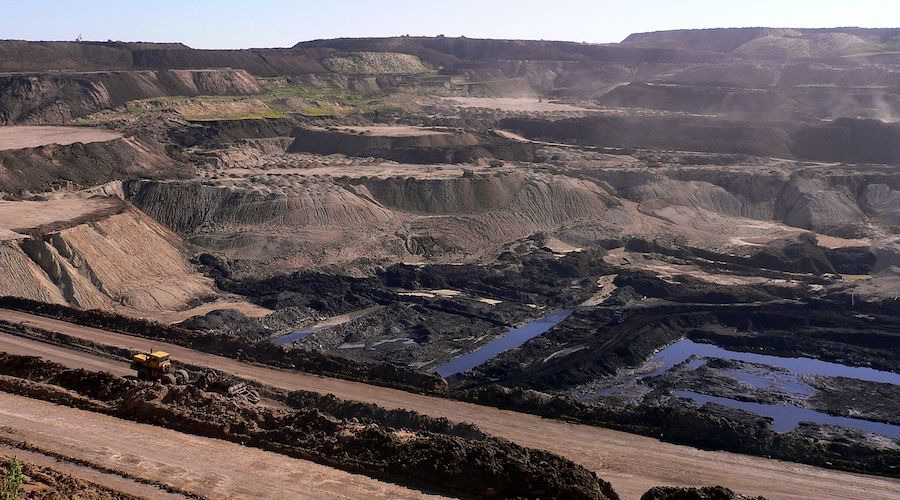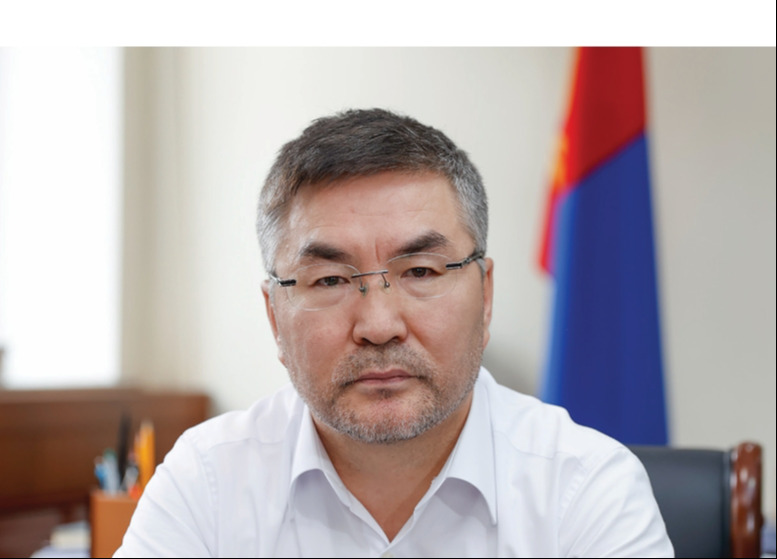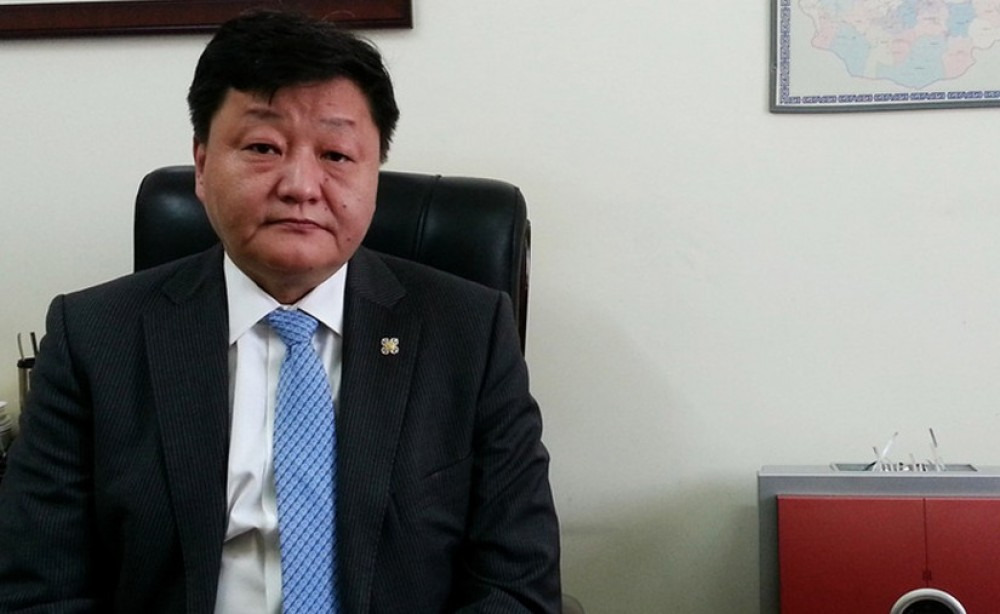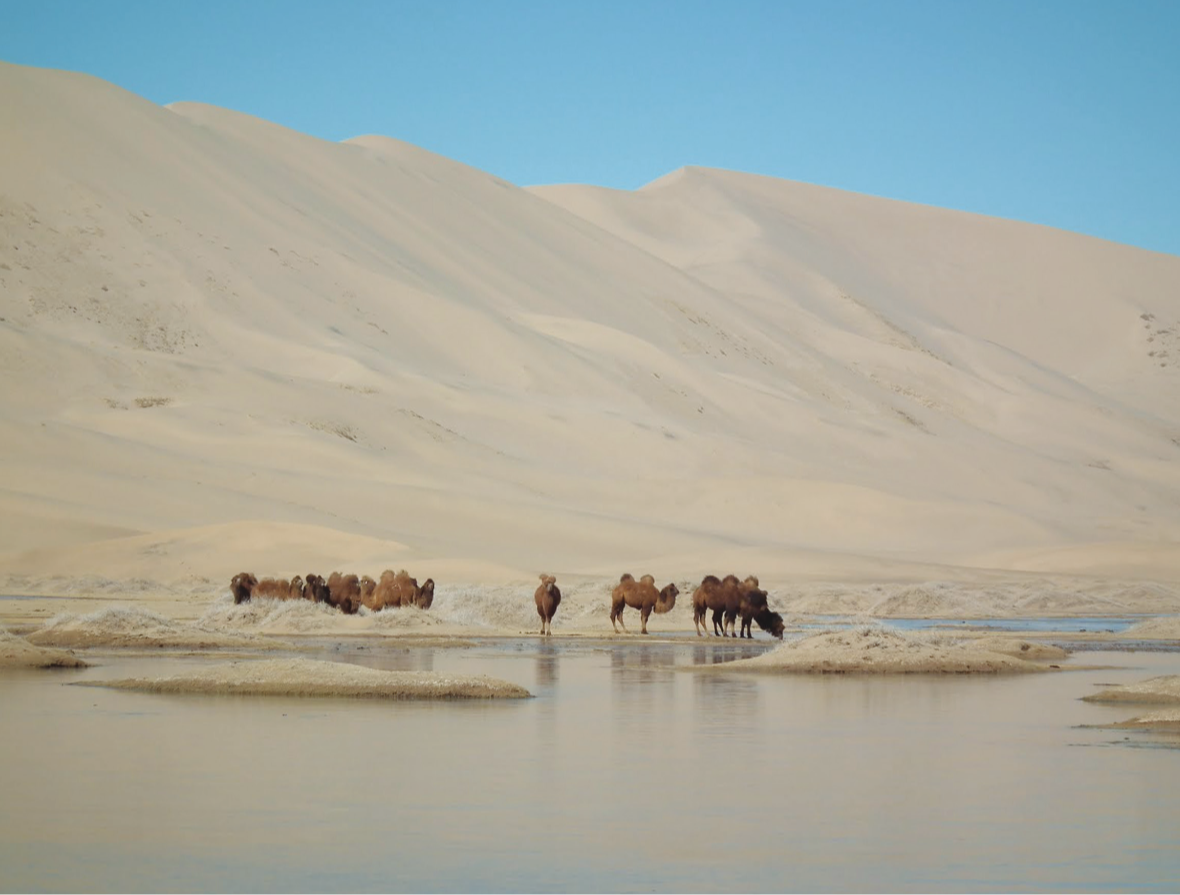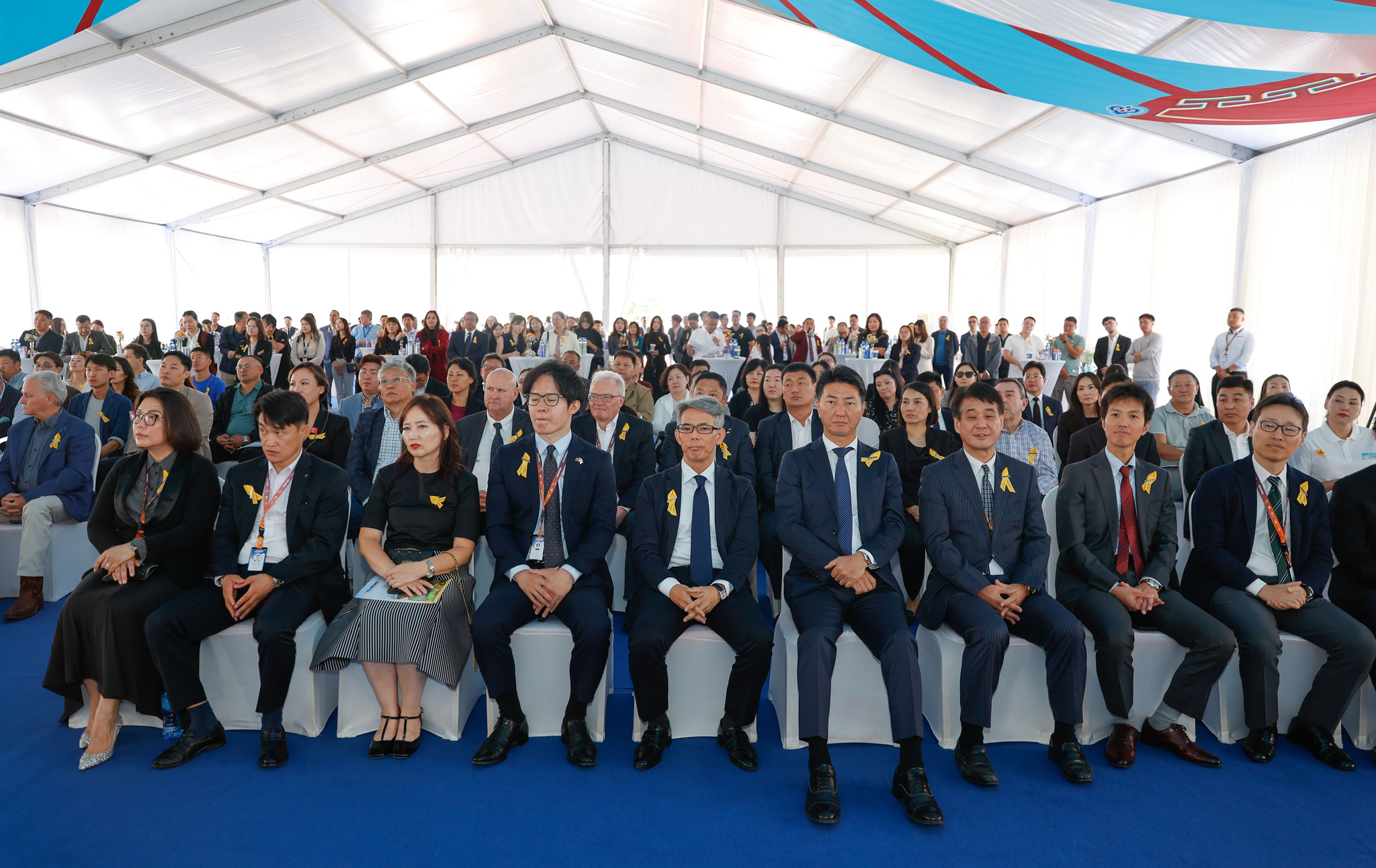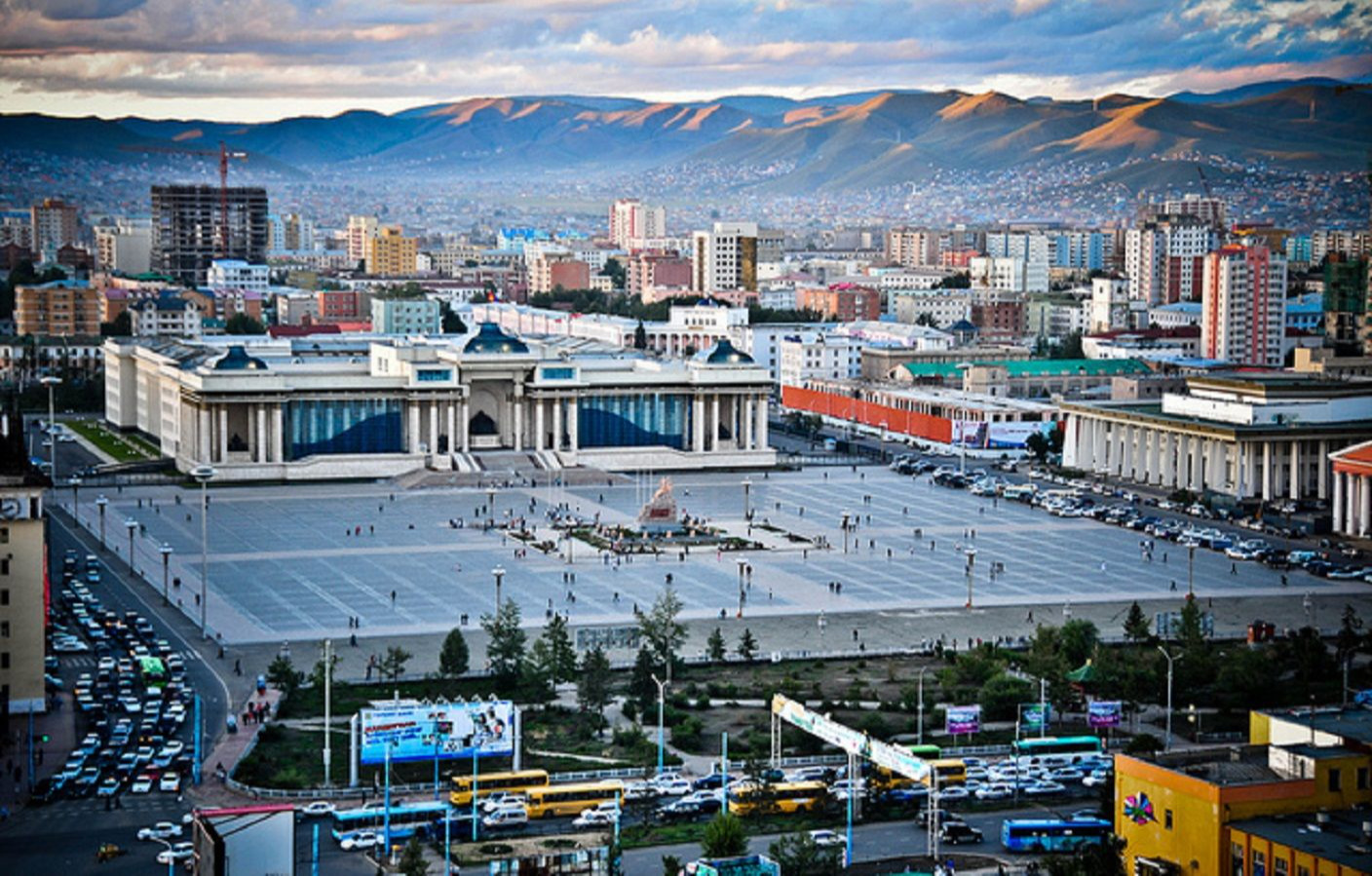Recent news
ORICA MONGOLIA AT MONGOLIA MINING 2024: SHAPING THE FUTURE WITH TECHNOLOGY AND SUSTAINABILITY
Orica, a global leader in mining and infrastructure solutions with 150 years of experience, operates in Mongolia with our flagship project at Oyu Tolgoi. Our company provides advanced products and services, including digital and automation solutions, mining chemicals, and safety management. Orica’s GroundProbe™ radars are used at Oyu Tolgoi for slope stability monitoring, and we aim to support Mongolia's mining sector by offering tailored solutions that optimize operational costs and meet ESG goals.
STRENGTHENING TIES: AUSTRALIAN COMPANIES AT MONGOLIA MINING 2024
The annual MONGOLIA MINING 2024 International Mining Exhibition, one of the premier events in Mongolia’s mining industry, was held from October 8th to 10th at the Buyant-Ukhaa Sports Palace in Ulaanbaatar. This year's exhibition attracted hundreds of exhibitors and industry leaders from around the world, showcasing the latest technologies, innovations, and solutions in the mining sector.
ADB Approves Loan to Spur Climate Action in Mongolia
The Asian Development Bank (ADB) has approved a $100 million policy-based loan to help accelerate and sustain investment in climate action in Mongolia. The Accelerating Climate Investment Program (Subprogram 1) will help Mongolia achieve its nationally determined contribution (NDC) and implement its National Adaptation Plan (NAP), including promoting gender-responsive actions.
KH.SANCHIGDORJ: AERIAL GEOPHYSICAL RESEARCH UNDERWAY ACROSS MONGOLIA
The government believes that by intensifying thematic geological research and conducting detailed prospecting, it can identify areas with potential for mineral deposits and uncovering themto attract foreign investment.
Kh.Sanchigdorj, Director of the Geological Policy Department at the Ministry of Industry and Mineral Resources, presented the government's policy for the geological sector, detailing various projects and programs, including the progress of aerial electromagnetic research.
PDAC announces 2025 Awards recipients
The Prospectors & Developers Association of Canada (PDAC) is proud to announce the recipients of its 2025 PDAC Awards. Since the awards were established in 1977, they have been a symbol of excellence, recognizing individuals, teams, and organizations that have made significant contributions to the global mining industry.
Compensating for Coal Price Declines Through Increased Export Volumes
On September 17, the National Statistics Committee released social and economic data for the first eight months of 2024. The report indicated that exports from our country reached $10.6 billion, while imports totaled $7.5 billion. During this period, the foreign trade balance recorded a surplus of $3.1 billion, though this figure represents a decrease of $935.6 million compared to the same period last year.
COMPENSATING FOR COAL PRICE DECLINES THROUGH INCREASED EXPORT VOLUMES
On September 17, the National Statistics Committee released social and economic data for the first eight months of 2024. The report indicated that exports from our country reached $10.6 billion, while imports totaled $7.5 billion. During this period, the foreign trade balance recorded a surplus of $3.1 billion, though this figure represents a decrease of $935.6 million compared to the same period last year.
Australia Pavilion & Session at Mongolia Mining Expo 2024
We are excited to invite you to the return of the Australia Pavilion at the Mongolia Mining Expo 2024, the premier event for Mongolia's mining and resources sector! Now in its 13th year, the Expo will take place from October 8 to October 10, 2024, at the Buyant Ukhaa Sport Palace in Ulaanbaatar.
Mineweek & Minepro 2024
The first session of Mining Week 2024, titled "Intersectoral Synergy and Future Trends," has successfully concluded. During this session, industry experts, policymakers, and key stakeholders discussed important policy issues impacting the mining sector.
S.OYUNBAT: WE NEED TO THOROUGHLY EXPLORE THE RARE EARTH MINERALS IN OUR COUNTRY
Rare earth elements are a relatively new topic for our country's mineral sector. However, S.Oyunbat, a Mongolian consultant geologist with a PhD, is quite familiar with these elements. Geo-Info, a consulting company specializing in geo-information and exploration, was established by S.Oyunbat and has been active in the field since 2008. The company discovered the Ulaan Del rare earth element deposit in Uvs aimag. In 2018, the mineralization reserve was presented to the Professional Council of Mineral Resources, discussed, and subsequently registered as a rare earth element (REE) deposit in Mongolia's Mineral Resources Fund.
STUDYING GROUNDWATER MOVEMENT IS IMPORTANT TO PRESERVE THE GOBI ECOSYSTEM
As of 2020, the desertification assessment for Mongolia revealed that 76.9% of the country's total land area, equivalent to 120.3 million hectares, has experienced degradation. Of that, 4.7% is very severely degraded, and 18.6% is severely degraded. Another study also found that between 50% and 70% of the land in Dornogobi, Dundgobi, Umnugobi, Gobi-Sumber, Gobi-Altai, Bayankhongor, Uvurkhangai, and Tuv aimags is affected by desertification and land degradation.
EXPENDING MINERAL EXPORTS ANTICIPATED TO FUND EXPANDED STATE BUDGET
In August, the three-party coalition government signed a cooperation agreement titled "Courage for Rapid Development" and unveiled its 2024-2028 action program. This was presented to Parliament for discussion during the last ten days of the month. Additionally, on August 16, the government submitted a draft amendment to the 2024 budget.








